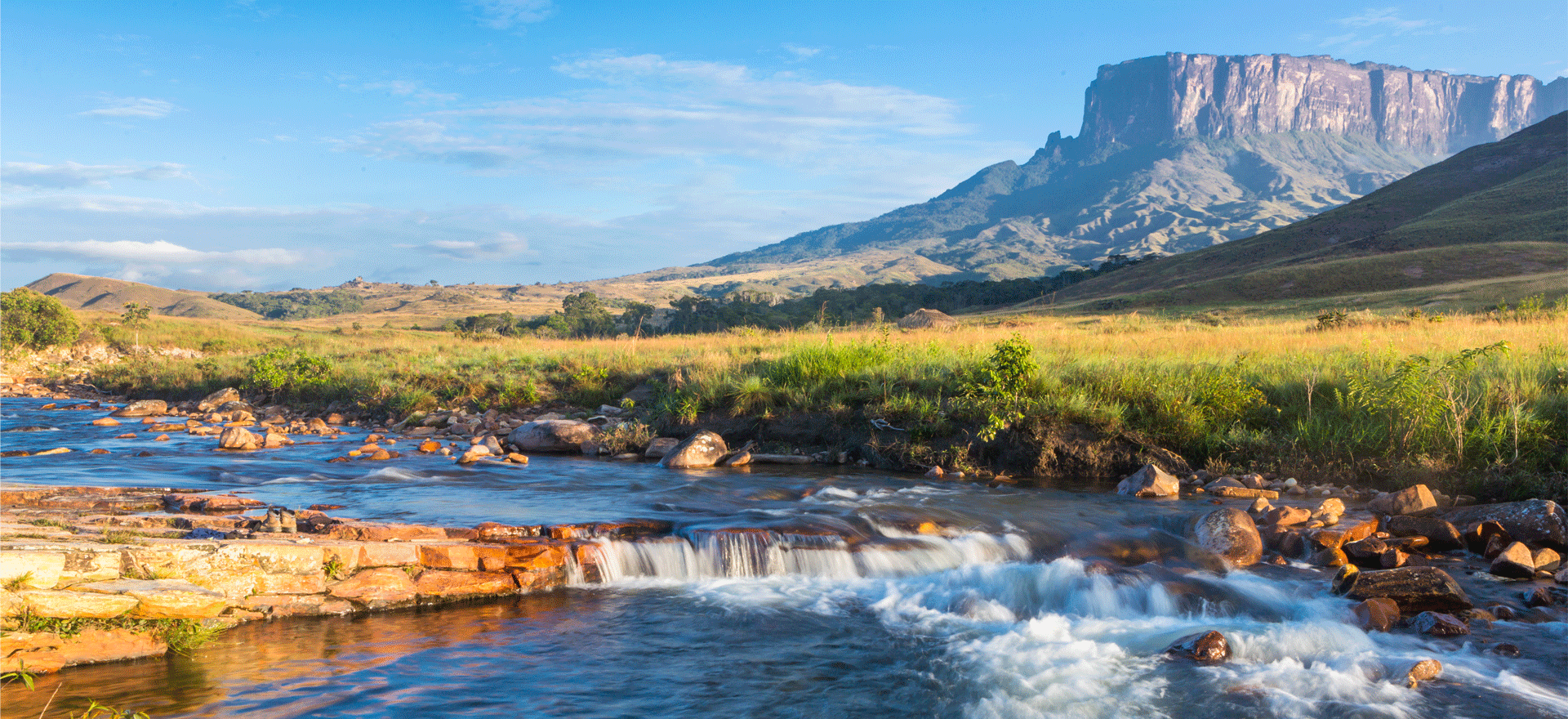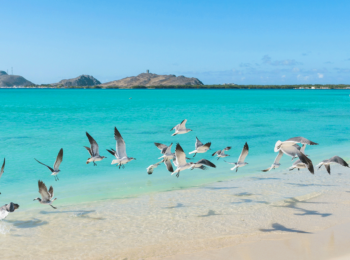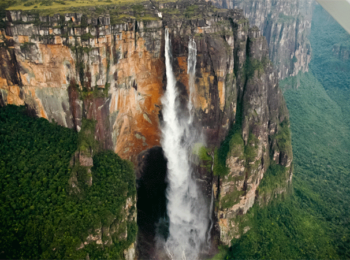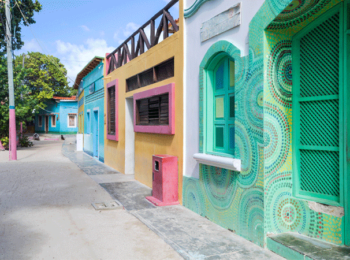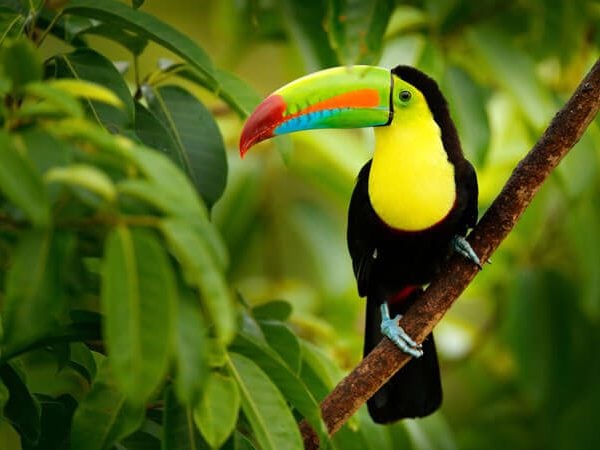Venezuela's Lost World
Declared by Christopher Columbus as ‘Paradise on Earth’ and home to South America’s most incredible landscapes, Venezuela is one of the most biologically diverse nations on the planet.
Starting in the capital of Caracas, we travel from here to Canaima National Park. Nestled between the rainforest of the Amazon basin and the watershed of the Orinoco River, the park is home to famous table top mountains and the world’s highest waterfall, Angel Falls. We spend four full days in this area, exploring its impressive landscapes and canoeing along the Carrao River. We then head north to Merida where we drive through the cloud forest into Jaji to wander its colourful colonial streets.
From here we explore the Paramo region of the higher Andes visiting local villages and hiking to Laguna Negra. We then visit the biological station of Mifafi – the team here are working to protect the endangered Frontino bear. We also drive over the Pico El Aguila pass, situated at 4100 metres is the highest mountain pass in the Venezuelan Andes.
Heading south to Hato El Cedral, a working cattle ranch, we spend two days looking for wildlife. Known as the Serengeti of South America, the Llanos is a true paradise for naturalists and birdwatchers.
Finally, we end up back in Caracas where we discover the historic centre and its colonial roots. We explore the key sites including the birthplace of Simon Bolivar, the former Royal prison and Panteon Nacional.
The optional extension to Los Roques will take us to an archipelago consisting of 50 islands, only one of which is inhabited. A paradise for divers and snorkellers – the surrounding waters are home to manta rays, sleeping sharks and multi coloured sponges.
From lush coastal valleys and white sand beaches to Jurassic era ‘table top’ mountains and glacial lagoons, this trip is an insight into the country’s incredible diversity. Most will have heard of Angel Falls, but there is a whole world to discover in Venezuela.



